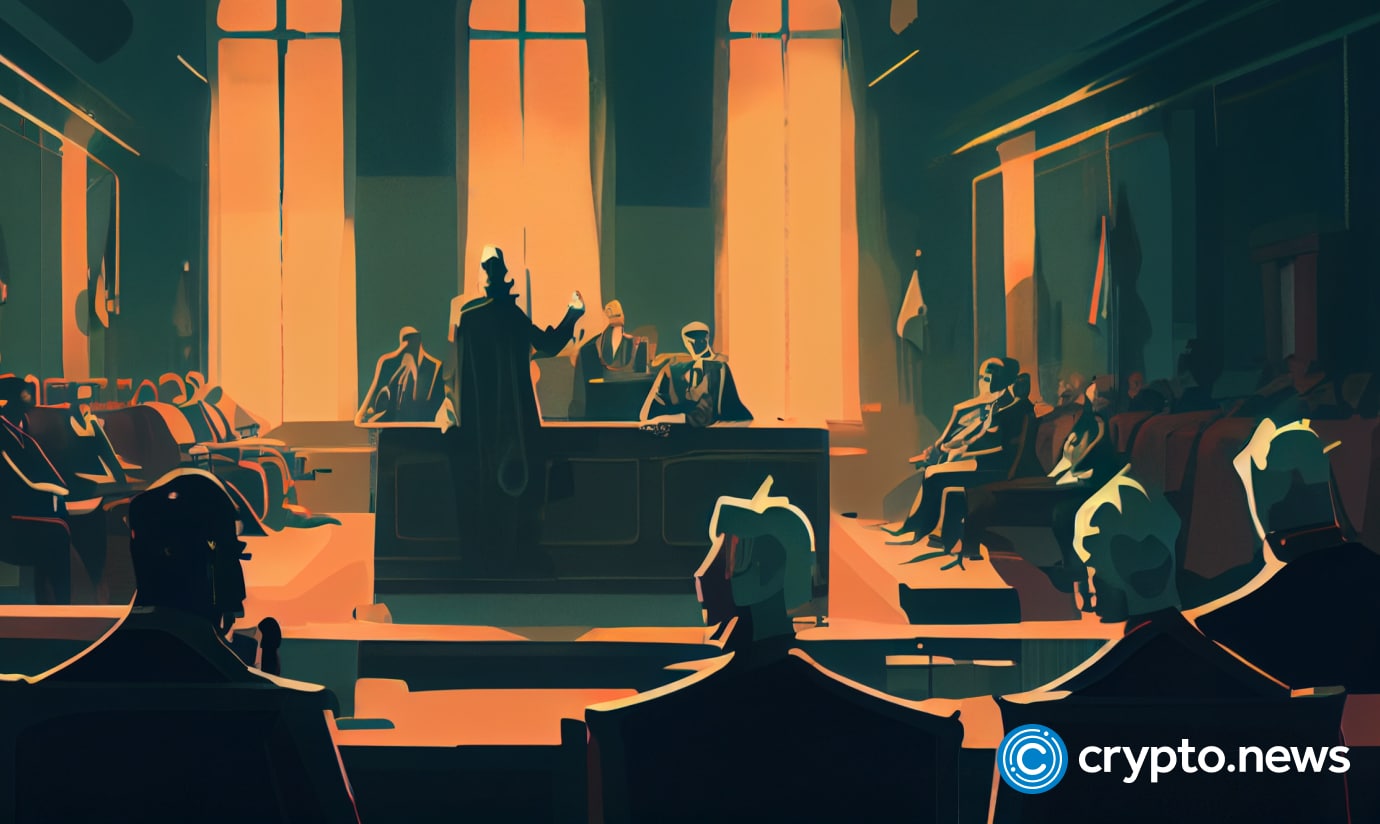FSB creates new tools to derisk DeFi

The U.S. Financial Stability Board (FSB) has specified new actions it would take to investigate the dangers of DeFi.
DeFi and traditional finance are very similar
This follows the release of new research by the FSB on the threats to financial stability posed by decentralized financing (DeFi). The G20 Finance Ministers and Central Bank Governors meeting occurred in February and presented this report.
DeFi is a term used to describe services offered on crypto-asset marketplaces that seek to reproduce certain aspects of the traditional financial system decentrally.
According to the paper, while the methods used to deliver services are frequently unique, neither the tasks DeFi performs nor the threats to which it is subject significantly differ from those of traditional finance.
The report touches on various vulnerabilities in DeFi, including operational fragilities, liquidity and maturity mismatches, leverage, and interconnectedness, could manifest themselves differently than they would in traditional finance due to the particular characteristics of DeFi.
Although there are few connections between these systems, the potential for spillovers would develop if the DeFi ecosystem were to expand dramatically.
FSB suggested extra measures
The first is to examine the expansion and consequences of asset tokenization, such as developing a digital representation token of a financial instrument or actual asset, as it may strengthen ties between crypto-asset markets, conventional finance, and the real economy.
Together with working with regulatory agencies and standard-setting organizations (SSBs), the FSB will also investigate methods for bridging data gaps to assess and track DeFi’s interconnection.
The FSB’s suggestions for the global regulation of crypto-asset operations will be another action that is being considered. The FSB established measures last year to guarantee better consistency in reporting cyber incidents.
The regulatory agency claims that the main elements of this framework are suggestions for recommendations that support the coherence and comprehensiveness of regulatory, supervisory, and oversight approaches to crypto asset activities and markets and strengthen global cooperation, coordination, and information sharing.

















